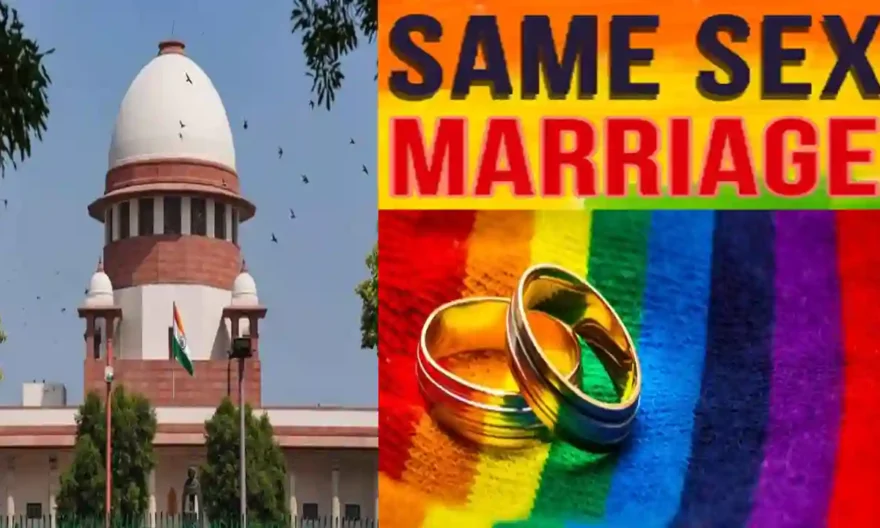
The Central Government has recently filed an application in the same-sex marriage matter before the Supreme Court, asking the Court to first rule on the maintainability of the petitions.
The Central Government’s application contended that the legislature’s accountability is to the citizens, and that it should act in accordance with the popular will, particularly when it comes to personal laws.
“Where a social consensus favours a particular definition of Marriage, the Legislature in sanctioning that form is simply carrying out its duty of adhering to the will of the people. This unequivocal democratic will shouldn’t be negated by a judicial order,” it stated.
The petitions, according to the government, represent “mere urban elitist views for the purpose of social acceptance,” and the legislature will have to consider broader perspectives.
“The competent legislature will have to take into account broader views and voices of all rural, semi-rural and urban population, views of religious denominations while keeping in mind personal laws as well as and customs governing the field of marriage together with its inevitable cascading effects on several other statutes,” it added.
It further added that when establishing a law, parliament is believed to know what is best for the people, which is especially true in the case of personal law. As a result, it submitted that no matter how well-intended an action may be, it must not be implemented in violation of this fundamental principle.
On April 18, a Constitutional bench comprising of Chief Justice of India (CJI) DY Chandrachud and Justices Sanjay Kishan Kaul, S Ravindra Bhat, PS Narasimha, and Hima Kohli will hear a batch of petitions seeking recognition of same-sex marriage.
The petitioners have sought for legal recognition of same-sex marriages, stating that the right to marry whoever one wants should extend to LGBTQIA+ individuals as well.
The Central Government has previously filed an affidavit in opposition to the petitions.
The Central government stated in its affidavit that living together as partners and having sexual relationships with people of the same sex is not comparable to the Indian family unit concept, which involves a biological man and a biological woman with children born from such a relationship.
Similar views were expressed by the Islamic religious organisation Jamiat-Ulama-I-Hind, which stated that conceptions such as same-sex marriage originate in western cultures with extreme atheistic worldviews and same should not be imposed on India.
However, the Delhi Commission for Protection of Child Rights (DCPCR) has backed the petitioners’ argument, stating that same-sex couples should be granted adoption and succession rights.




